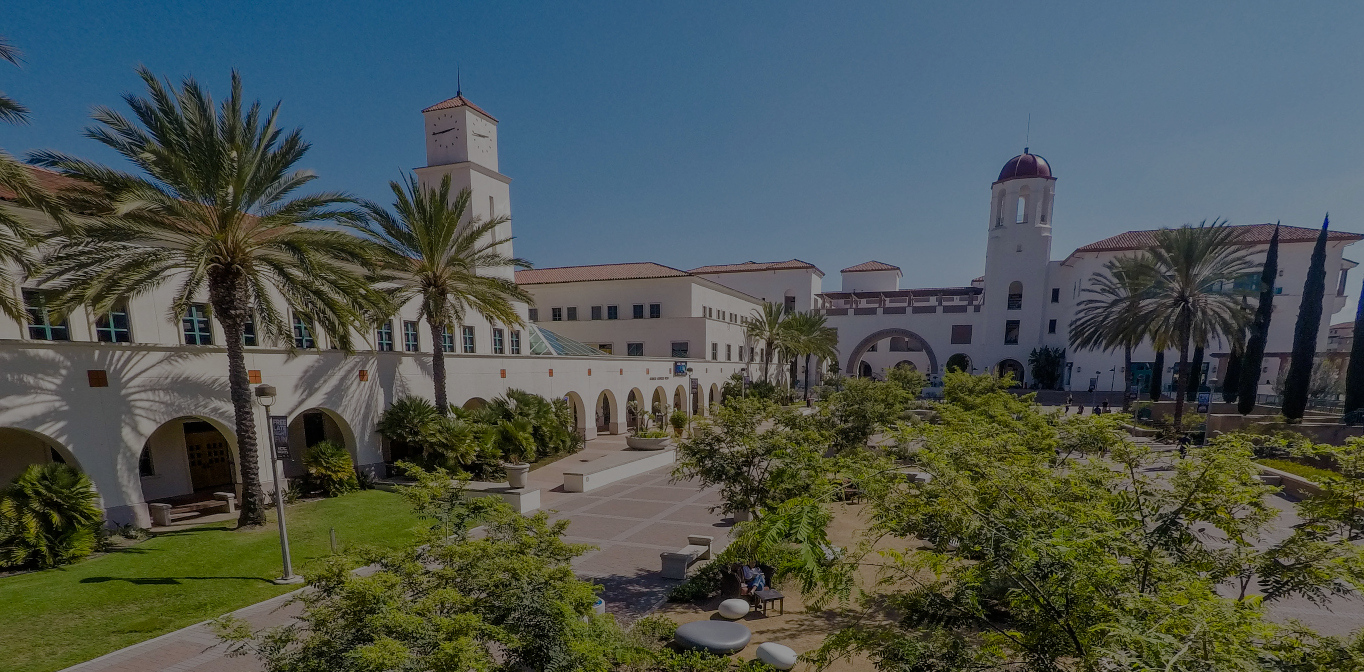Frequently Asked Questions
The Strategic Planning Process
A strategic plan is an organizational strategy and vision document. It provides a roadmap for the organization's key priorities over a period of time. SDSU’s strategic plan, which was implemented during a five-year period, from 2020 to 2025, informs institution priority-setting and decision-making around five core themes, as indicated in the plan. Embedded in the plan are also the university’s position statements and its newly defined mission statement. In spring 2024, the university began a process to prepare for the second phase of the plan for 2025-2030.
The title evokes the university’s mission and charge to always seek the best solutions for its students, faculty and staff and the regional and global communities it serves. “We Rise We Defy” is a commitment to adopting sustainable and responsive solutions that serve to improve individual lives and communities. Defying expectations is also part of the university’s history. SDSU is a community of innovators, creative problem solvers and community-minded advocates of the public good. Our students, faculty and staff, working in partnership with organizations and companies across the border and around the world, are known for achievements in public health, engineering, and the arts. “We Rise We Defy” is meant to evoke the significant contributions they make while looking toward a future in which the university community will continue to innovate for the benefit of the campus, the region and the world.
In September 2019, SDSU officially launched its planning process, ultimately leading to development of the “We Rise We Defy” strategic plan. All levels of the university were involved in the comprehensive, months-long effort to define the future for SDSU, SDSU Imperial Valley, SDSU Georgia, SDSU Mission Valley, SDSU Global Campus and the university’s microsite offerings. The university's planning process, as designed, represents the first comprehensive initiative around the development of a university-wide strategic plan, and was led by the Strategic Planning Steering Committee with support from nationally-recognized experts.
To develop the strategic plan’s five priorities and the more than 50 associated activities, the university developed a number of sub-committees and working groups focused on data and assessment, mission and vision and also diversity, equity and inclusion. All planning and plan development were uniquely attentive to the University Senate resolution in support of planning for diversity, equity and inclusion (DEI), ultimately resulting in a single SDSU strategic plan in which DEI initiatives are embedded. The university’s strategic planning groups also held a series of campus events and discussion groups, accepted regular feedback from the campus and general community and reviewed historic performance data, benchmarking data and the university’s previous strategic plan and mission statement.
As the university prepares to launch phase II of the strategic plan in 2025, it will retain the original plan’s five priorities while students, faculty, staff and administrators define new and ongoing activities for the next five years.
The university’s strategic priorities were developed over time and through university-wide conversations that will include students, faculty and staff. The strategic planning process and, ultimately the decision-making process, requires broad campus participation.
As we work together to build a long-term plan and strategy for SDSU, the university is committed to ensuring that this process is open, transparent, interactive and inclusive for all members of our campus community. Please visit this site frequently for updated information throughout the process. Also, while a great number of ideas will be shared, not all ideas will be reflected in the final plan. While not all ideals will be strategic, many ideas are important and needed throughout this process.
Prior to “We Rise We Defy,” the university had only led two major strategic planning efforts: “Building on Excellence”, under the leadership of then-President Elliot Hirshman, and "Shared Vision", which was designed specifically for SDSU's growth under the leadership of then-President Stephen Weber.
SDSU hired Emeritus Consulting Group LLC as lead consultants for the first phase of the process. Emeritus also partnered in phase I with AASCU-Penson Center for Professional Development to help guide that earlier process.
AASCU-Penson Center for Professional Development consultants worked at the time, before the initial launch of the original strategic plan, with university administration and key leadership teams to manage and oversee the strategic planning process. The team also consulted on identifying and creating avenues for the success of students, faculty, staff and the overall organization. The team was comprised of former college and university presidents and chancellors who support campuses nationwide on efforts related to strategic planning, leadership assessment, organizational and board development, academic planning, financial and administrative evaluations, fundraising and other areas.
No. “Transform Your Tomorrow” is the university’s new tagline. For more information about the tagline and the university’s messaging priorities, visit the Brand Portal page.

